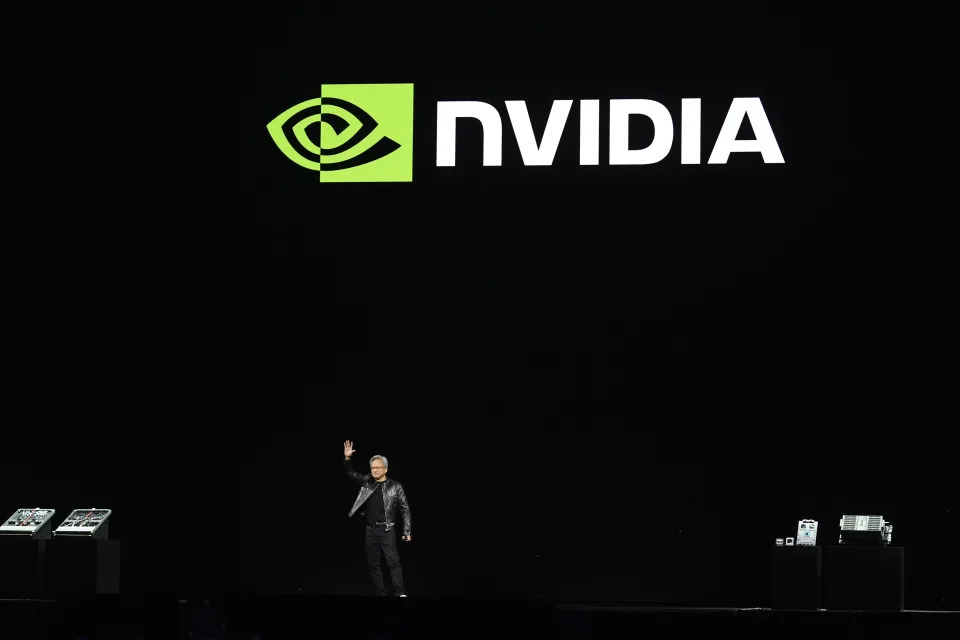
Nvidia stock drops as new China chip smuggling report raises investor fears on further export scrutiny
Key Points
- Nvidia's AI chips are reaching China despite export controls, causing a 5% drop in its stock price.
- Singapore is investigating Dell and Super Micro Computer for potentially violating US export restrictions by shipping servers containing Nvidia chips to Malaysia, a reported smuggling route to China.
- Nvidia uses Arm’s architecture for its Grace CPUs, which are used alongside its Blackwell GPUs in AI server systems.
- Investors are concerned about further restrictions on Nvidia's sales to China, potentially impacting the company's accountability for reseller actions.
- Nvidia's CFO stated that China shipments will likely remain at current levels unless regulations change, amidst competitive market conditions.
Summary
Nvidia's stock experienced a significant drop of up to 5% following reports that its AI chips were reaching China despite US export controls. The Wall Street Journal highlighted that these chips were being smuggled through third-party resellers in nearby regions. This news was compounded by investigations in Singapore into Dell and Super Micro Computer, who use Nvidia's chips in their servers, for possibly violating export restrictions by shipping to Malaysia, a known transit point for smuggling to China. Nvidia's reliance on Arm's architecture for its CPUs, used in conjunction with its GPUs in AI systems, adds another layer of complexity to the situation. Amidst these developments, Nvidia's CFO, Colette Kress, noted that sales to China would likely remain at current levels unless regulations change, while the company continues to comply with export controls. The broader market implications include potential new restrictions on Nvidia's exports to China, which could further impact its stock performance.
yahoo
March 3, 2025
Stocks


